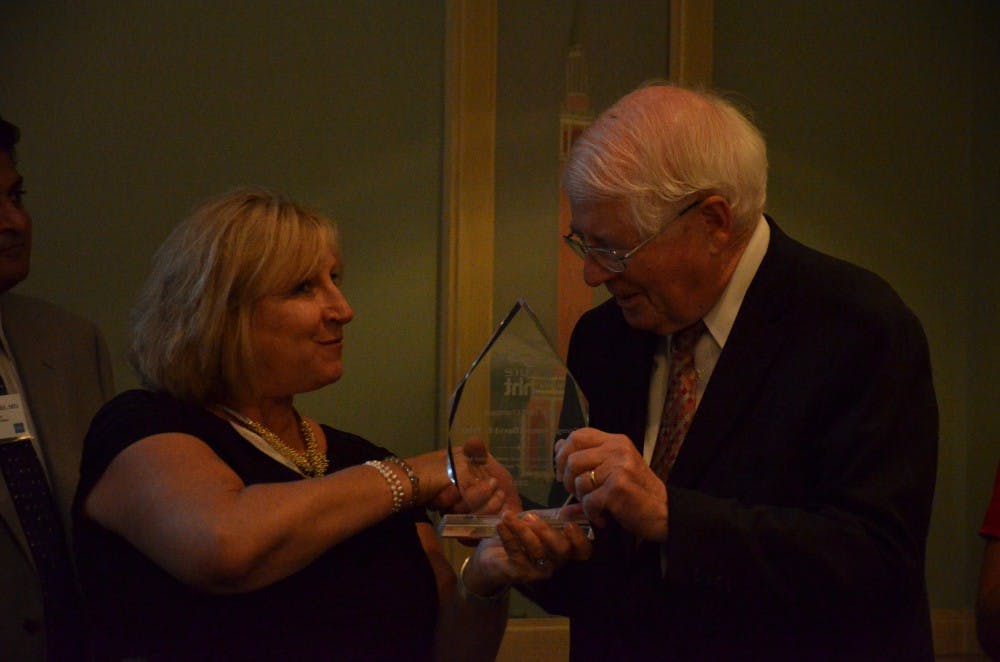U.S. Rep. David Price, D-N.C., introduced a bill last week that would require politically active nonprofits to disclose major donors to the IRS and the public.
The bill is a response to the Treasury Department decision earlier this year that allows donors to these groups to remain anonymous to the IRS. This decision reversed the previous requirement for most tax-exempt groups to report the identities of major donors.
The bill, called the Spotlight Act, is a companion bill to one introduced by Sen. Jon Tester, D-Mont., shortly after the Treasury Department decision in July. If passed, the legislation would require the disclosure of donors who contribute $5,000 or more annually, starting with the 2018 tax year.
“The Trump administration's decision to allow politically active organizations to obscure millions in dark campaign money further weakens our already failing campaign finance system," Price said in a press release. "At a time when our elections are plagued by unlimited corporate spending, anonymous donors and illegal foreign meddling, this action provides a mask to special interests and bad actors while diminishing the power of voters."
A press release from Price’s office said spending by these nonprofit groups is often referred to as “dark money” because of the lack of donor transparency, and wealthy donors are able to use this to influence elections.
Austin Hahn, president of UNC Young Democrats, said he views more transparency in funding as a good thing.
“It would lead to people being able to say here’s a candidate receiving money from this group and here’s where that money is coming from,” Hahn said. “I think it’s important to be able to follow the money if people are looking to make more informed decisions.”
Hahn said the bill could also make the role of large monetary donors more clear in elections.
“You’re able to take into account super rich donors on both sides contributing to candidates this way,” he said. “Putting it out in the open can combat that even if they’re still able to be that active.”



